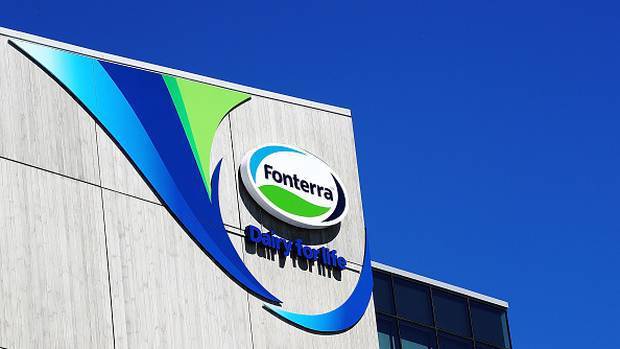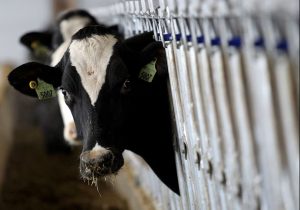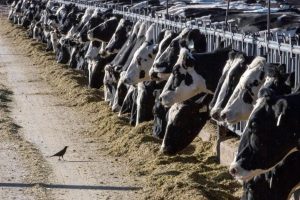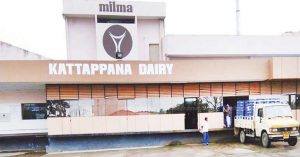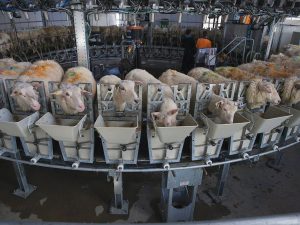The changes put the power to choose farmer-directors more firmly in the hands of its farmer-owners, they said.
One of the biggest changes is the removal of the controversial opportunity for board members to have a say on candidates who have already been through scrutiny by an independent selection panel.
All candidates recommended by this panel will go directly to ballot with the dropping of the board’s so-called nominations committee, which previously had a say after the panel. The Fonterra Shareholders’ Council won’t get a say either.
Other notable changes are the independent selection panel must now put forward two extra candidates over and above the spaces available, and incumbent directors seeking re-election can only be removed by shareholders.
While council chairman Duncan Coull said it’d be wrong to link the changes with last year’s election when for the first time in Fonterra’s history a second director election was needed, he conceded shareholders had lost some confidence in the election process.
The council runs the director elections. Fonterra has up to 11 directors – seven farmers and four independents appointed by the board. The changes also follow a leadership change at New Zealand’s biggest company.
Farmer-directors Andy Macfarlane, elected in 2017, and Donna Smit (2016) are due to retire by rotation this year. It is not yet known if they will stand for re-election or if any other farmer-directors intend to stand down.
Asked about the perception that the board interfered in recent elections by backing certain candidates, even against those with strong farmer support to stand, Coull said the changes “take away any doubt” about the process.
“We all know perceptions become reality for some people. We needed to take these doubts away.”
Another insider said: “They remove (the ability for) real or perceived interference in the process”.
In last year’s election for three vacant seats, farmer anger at Fonterra’s financial and investment performance saw sitting director and board-backed candidate Ashley Waugh ousted. Only two candidates, Leonie Guiney and Peter McBride, got more than 50 per cent support from voting farmers. Three other candidates failed to make the 50 per cent mark, leaving one seat unfilled.
A second election was called, which pitted two of the unsuccessful candidates – one board-backed, the other not but supported by farmers to stand, against each other.
Farmer-backed candidate John Nicholls won.
The council didn’t open the second contest to all newcomers, acknowledging that farmers who backed Nicholls’ self-nomination would react badly if their voice was ignored.
No more second elections will be held under the new changes.
In an uncontested election, when there are not more candidates than vacancies, candidates must still gain more than 50 per cent to be elected. If one or more candidates in this scenario does not achieve the threshold, the board has retained its previous power to fill any such vacancy by appointing a farmer-director until the next annual meeting. This may not be an unsuccessful candidate.
There remains no limit on the number of farmers standing for election without going before the independent panel.


